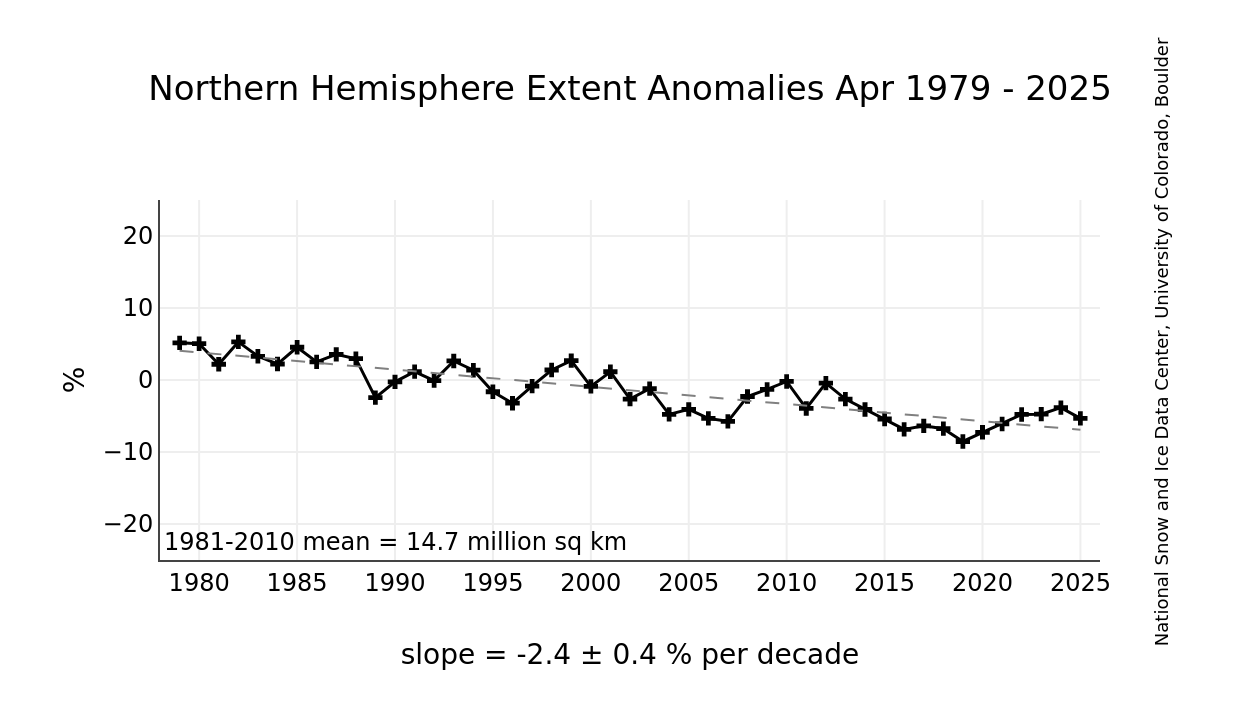http://www.ibtimes.com/arctic-ocean-losing-sea-ice-alarming-rate-nasa-1398031
in this blog post:
http://stevengoddard.wordpress.com/2013/09/06/nasa-losing-credibility-at-an-alarming-rate/
Actually the criticism is more directly aimed at NASA, but since we are linked to this article I will have a quick look at whether anything is indeed 'alarmist'.
Now given that the only things given in the blog post are two images, one of simply the title of the ibtimes article: 'Arctic Ocean Losing Sea Ice At An Alarming Rate', one of the (now considered obsolete by a newer graph) dmi graphs showing sea ice at its highest since 2006.
The actual times article can be summarized in the following points:
- This year was not a record melt year, but the trend is still very much downwards
- Meteorology has influenced this years higher sea ice levels
- Antarctic sea ice continues to grow with an upward trend
All of these points are demonstrably correct (although the 2nd requires more work than the other two which are little more than direct observations) , for example this is the August trend in sea ice extent courtesy of the nsdic. Note that although summer sea ice is decreasing faster than winter sea ice the long term trend in both cases is down.

Now what Steven is effectively doing is concentrating on the last 5 or so points on the graph, and making the observation that 2013 is significantly above 2012. This is also demonstrably true, but to imply any great significance to this such as NASA being incorrect about long term trends is not appropriate. No matter how low the sea ice gets we are still likely to see years that improve on the previous, but unless this becomes consistent it cannot be considered important for long term predictions.
No comments:
Post a Comment